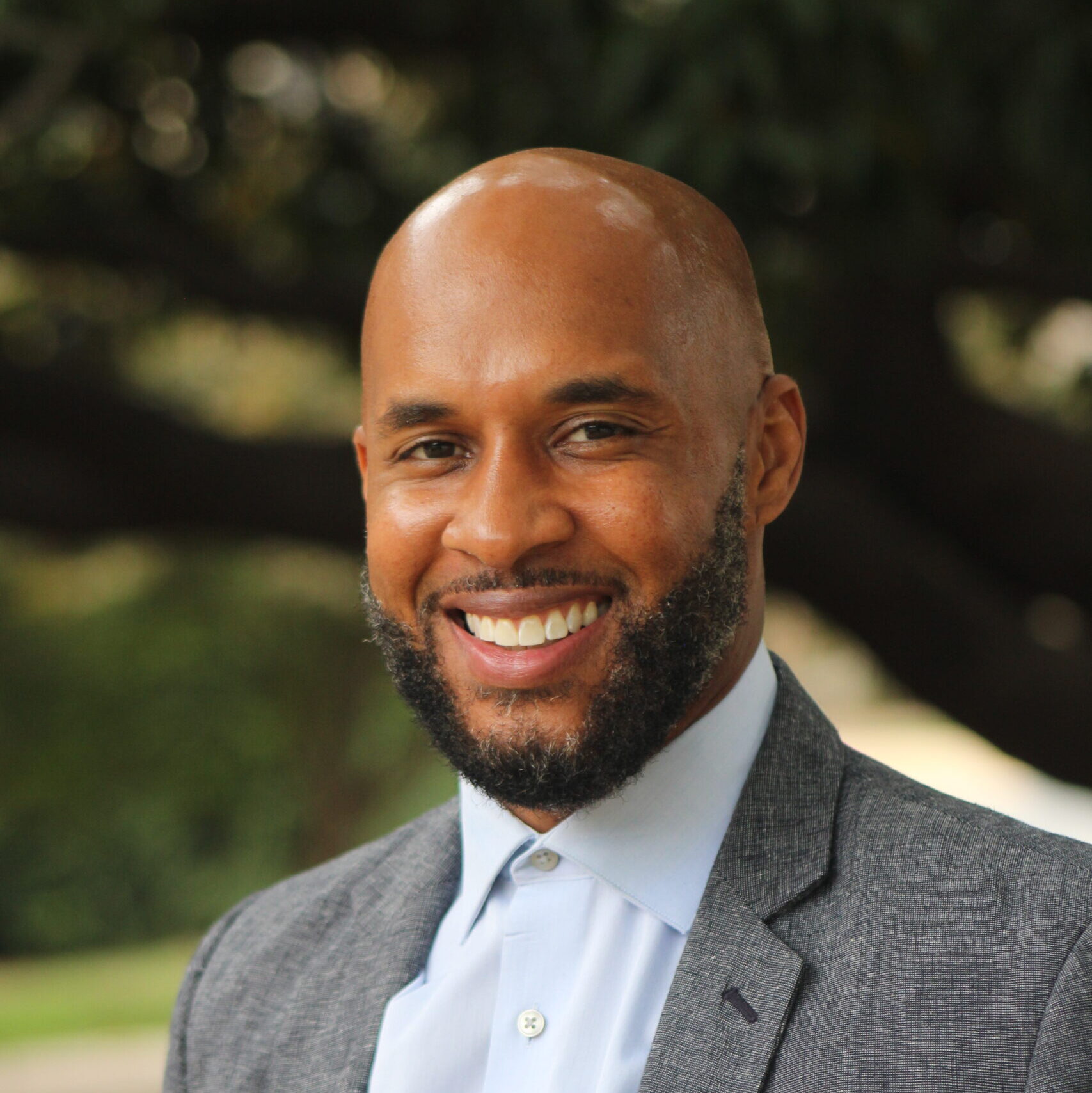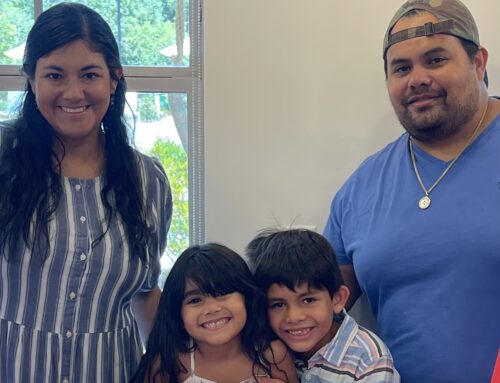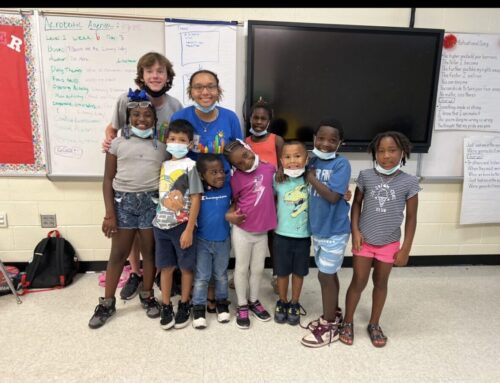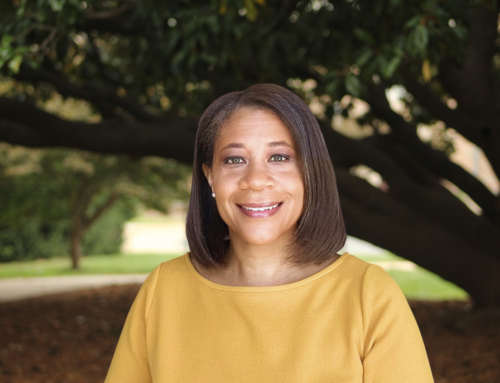Recently, we spent some time with our very own Chief Strategy Officer, George Metz, asking some questions about his own experiences in educational equity, and how to be an agent of change in our community.
When you think about the phrase freedom movement, what do you think of? Is it a specific moment in history? A personal memory?
You know, I go right back to Freedom Summer and all that it incorporated. And how it still is alive in the work that we do. Freedom 64 is really meaningful to me. I wasn’t familiar with the freedom school summers before I started working here and now, anytime I hear freedom movements it automatically takes me back to that moment in history. Even though I wasn’t around in that time, it’s fascinating to still be a part of that movement today with Freedom School Partners.
How have you seen educational equity shift in Charlotte since you have been working in this space?
I don’t think it’s always been intentional to create equitable conditions and equitable environments. Over the past, I’ll say five years, there’s been more of a conscious effort to really ensure that we’re doing things where – sadly, sometimes it’s at least the appearance of equitable conditions. I think overall society has a positive pressure to make change in the area of equity that kids can benefit from. Otherwise, the ramifications and the consequences of not creating equitable spaces, specifically in the public arena, comes at a high cost. There’s still so much to do, but I think there have been gains towards at least the awareness of educational equity.
You mentioned a conscious effort regarding how the space of educational equity has grown, what does a conscious effort look like to you?
I think that looks like real relationships, authentic relationships. For me, equity means shared value. So, I think of equity in the terms of like the financial sense of the word. Meaning there’s shared ownership in it. Which means my perspective, my approach, my unique experience can add value to the collective. I feel like equity emerges from that. And so, it’s not necessarily just policy alone, but it’s interpersonal skills too.
What does it look like to be an agent of change in your community?
What we do well at Freedom School is teaching kids, reassuring them that they can make a difference. And so, it’s not just an individual. Right. But it’s the summation of your individual actions that have a collective impact, a community impact. So being able to first help someone understand that, make themselves aware that they can make a difference. That they have not just the potential, but they can make a difference and sustain the difference. Right. It goes back to conversations and being able to develop authentic relationships, whatever those relationships look like with people. And sometimes they’re not necessarily fruitful, but I can have a conversation with someone and, you know, approach them listen to whatever their lived experience is, understand its value, and receive that. That is the key with kids, right? It’s understanding and showing them that they have a unique value and they have the ability to exchange that value.
What is one piece of advice you would give to someone who desires to make a difference?
First, define the difference that you’re trying to make. Be crystal clear on what the difference is, because it can be vague and then you can be tossed back and forth by things that sound or appear to be on the same mission that you’re on, but it’s not necessarily the same course you’re trying to go. You must be going in the same destination, or you won’t get there. It’s key to name where you want to make a difference. Also, be open to growth, to transformation and to change your perspective. Learn along the way.
There’s a term called, cultural humility, it’s being humble along the way and staying open to learning from another. Not going, I know it all, but understanding, and knowing your purpose. Mine is to connect people across differences and that looks different ways, you know. Just be open.
